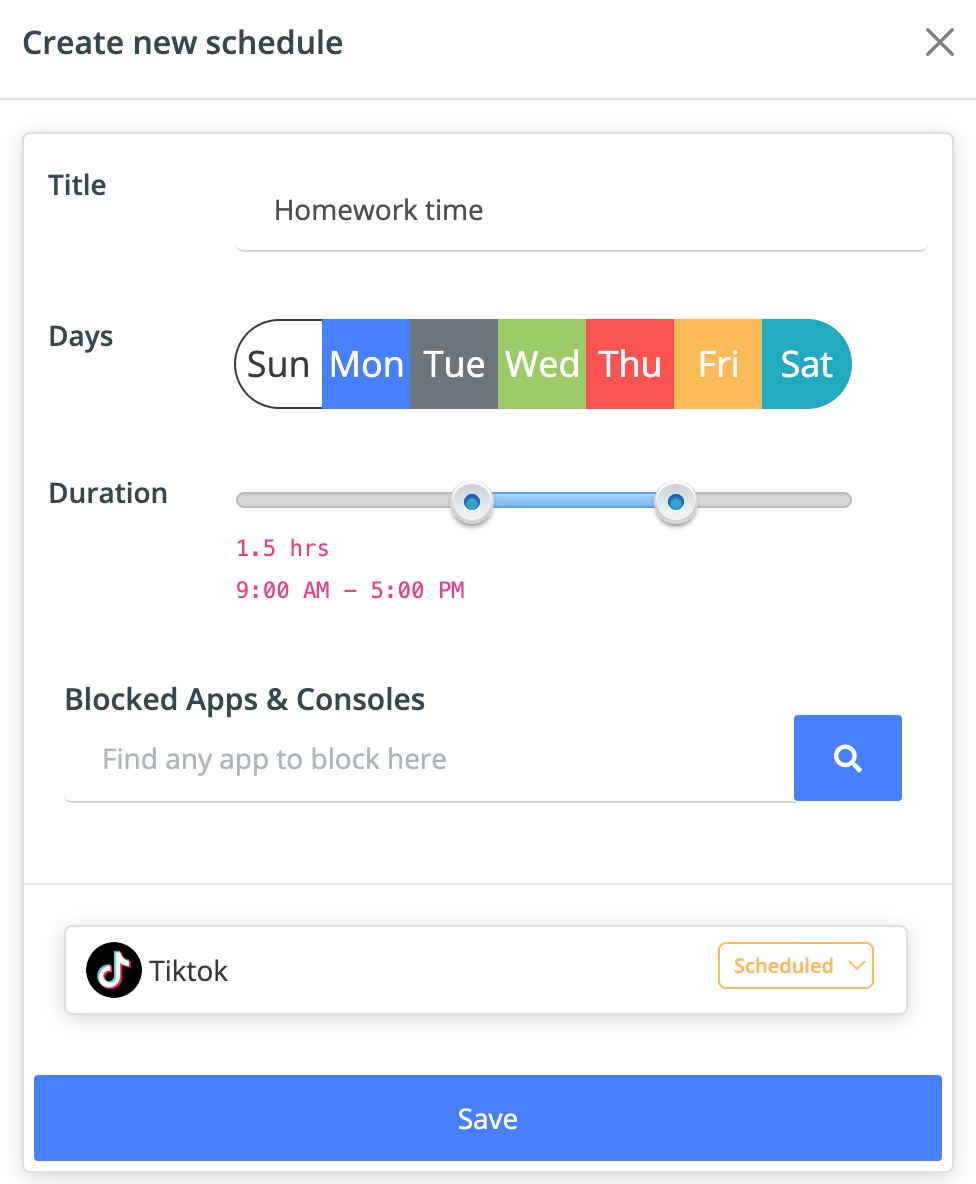What is online grooming? No parent wants their children to fall victim of unwanted contact and grooming. But we cannot just stand there, pray and hope for the best. We have to be active! It’s never been too late to teach your children signs of groomers as long as you allow them to go online!!
Therefore, we need to teach our children to recognize the tactics of online sexual predators and to know when the predator acts.
To effectively teach your children, first, you need to have a clear understanding of what is online grooming, how to recognize the tactics of online sexual predators, how to talk with your children smoothly about this, etc. This article will show you how ?
What is online grooming?
Online grooming is when a person tries to build emotional relationships with your children for sexual purposes. Online grooming usually happens on social media platforms and gaming sites.
Not only Facebook, Instagram, or Snapchat, but websites – such as Xbox, Stream, Discord, Twitch, and Roblox – are also a threat because of the built-in chat rooms. Predators can move to Kik or Telegram for greater privacy.
Who are the victims of online sexual predators?
All ages can be targets for criminals.
However, children, teenagers, and young adults are particularly easy targets for online sexual predators because they are young, naive, and yet to fully understand the seriousness of the world out there. So the predators can easily trick, manipulate and intimidate the victim.
As young people and teenagers who are looking for ways to connect and make friends with others online, they can accept friend requests indiscriminately, enjoy flattering comments, etc. groomers can take advantage of these behaviors.
The part of the brain responsible for decision-making and critical thinking of children or adolescents is still developing, so young people may not recognize lies and will be easily manipulated.
As a case in point, the disappearance of Kaylee Jones who is 16 years old, had shared personal information, including her family’s address, with some “guys” she was speaking to online, according to news from Fox News Digital

Jones’s parents previously explained to Fox News Digital that two days before their daughter’s disappearance, they confiscated her phone to discipline her, at which point the 16-year-old turned to her laptop and began communicating with strangers on chatrooms like Omegle – a website that allows users to anonymously send direct messages or video-chat with one another.
How do groomers attack your children?


- Groomers use fake profiles to connect and build trust with children on social media or gaming sites.
- They build connections by giving compliments on your children (appearance, personality, etc.), pretending to listen to their problems, frequently talking to them, showing great care to them, etc.
- Once they have successfully built trust, they may encourage your children to:
- Exchange sexually explicit images/videos
- Livestream while being nude
- Engage in online sex roles/conversations
- Meet in real life and have sex with children
- Achieve some financial goals (they may use children’s sensitive content to trade to others)
Signs of groomers
The NCMEC report summarizes the ways that sexual attackers often target children:
- Involving children into sex-related conversations or role-playing with sex-related characters
- Ask children to take and send sensitive pictures/videos of themselves
- Develop a positive relationship with your child by praising your child’s appearance and body, and discussing what both of you have in common or take actions that show interest/empathy, “like” and comment on their child’s social media posts, etc.


- Sexual attackers send their own pornographic images to children
- Pretending to be younger than your child, possibly by lying and sometimes through perjury when registering for an online account
- Ask the children to exchange pictures back and forth in exchange for accomplishing their goal such as money, gift cards, etc.; promise to buy children something they like; even alcohol, drugs, tobacco, and other necessities such as lodging, transportation, or food.
6 Tips how can parents protect children from online grooming?


- Know your children’s online behaviors: Where they usually interact with their friends, how do they connect with others, what information do they usually share with others? It’s never too late when parents start talking to children about online safety.
- Don’t let your kids freely use the Internet. Allowing children with unrestricted and unsupervised access to webcams and mobile phone cameras is a serious threat to children. Start using porn blocker to protect your children online experience as soon as possible.
As a parent, it’s natural to worry about the harmful content that your child could come across online, and the potential negative effects it could have on their mental health, academic performance, and behavior.
We understand how scary it can be to think about your little one being a victim of online groomer, but don’t worry – you don’t have to face this alone!


Once you connect with parental control device CyberPurify Egg, your child will automatically be protected from harmful materials on the Internet. No more worrying about your child stumbling upon inappropriate websites– CyberPurify Egg has got you covered!
You can also set schedules to block social media during specific times, such as homework time, bedtime, and family time. You can customize the schedule to fit your family’s unique needs and routines as picture below:


Parental control router CyberPurify Egg is proud to be trusted by over 36,000 parents worldwide as one of the best parental controls for children. No more struggling to pry your child away from the screen during dinner or bedtime!


Get CyberPurify Egg – Your trusted ally in your children’s online journey now!
- Explain why and how groomers target young children: You can use the information we indicated above!
- Frequently remind them of digital footprints: Everything they share will remain forever online. The other person will keep and share the image even if they promise not to do that. The photos will be shared widely and stay forever on the Internet.
- Ensure their social media privacy: Teach them how to keep your child safe is on social media, making their accounts private or modifying their privacy settings so they can control who can contact them.
- Create an environment where your child can share anything with you they feel unsafe. A good relationship is the starting point for all. One of the best ways to protect children from online predators.
Parents may also like:















